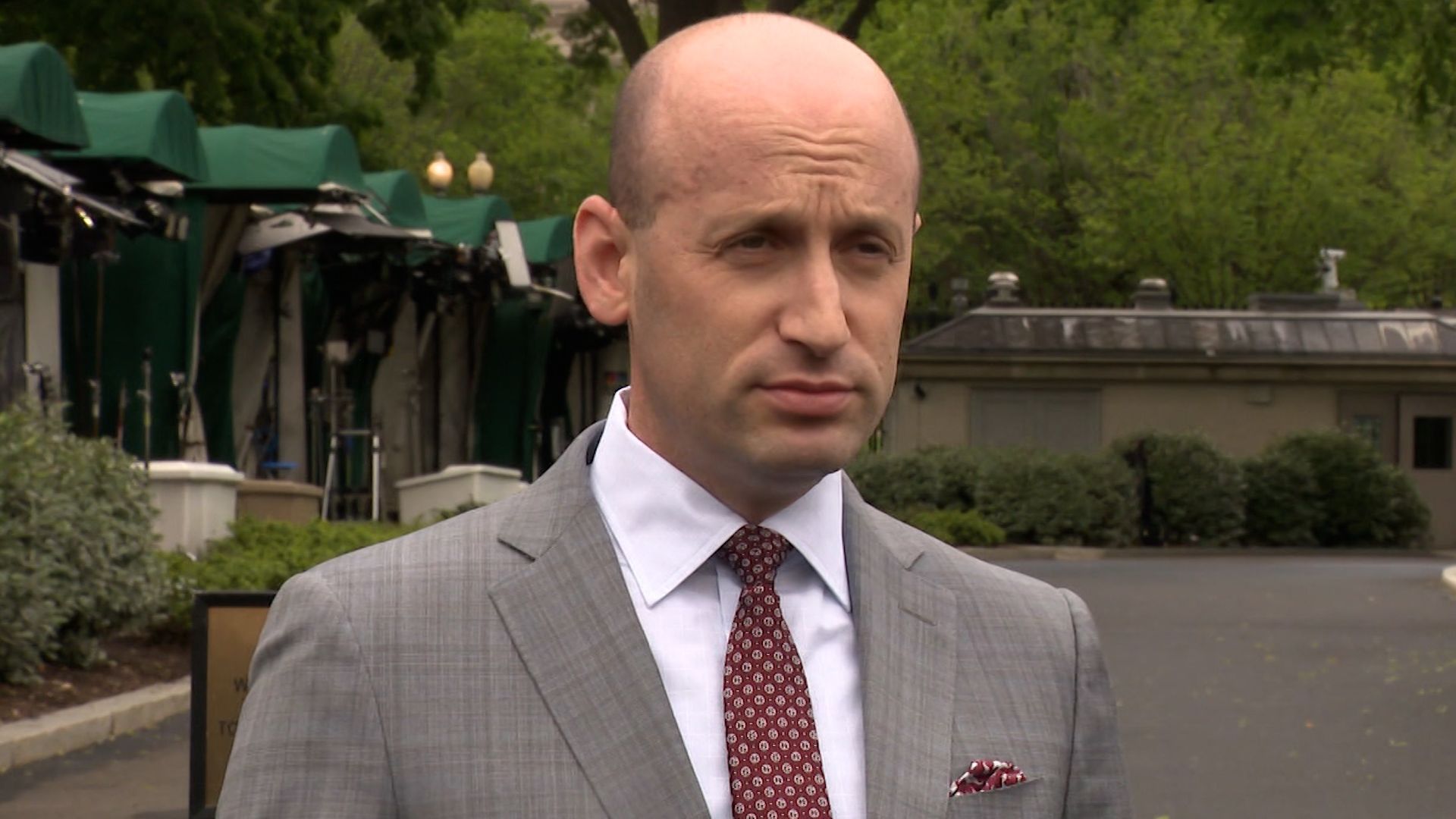Habeas corpus, the legal principle that allows individuals to challenge unlawful detention, has gained significant attention amid discussions within President Donald Trump’s administration about the possibility of suspending it. The future of this legal right has become a topic of concern, especially in the context of Trump’s aggressive immigration policies aimed at expediting deportations.
Habeas petitions, filed by immigrants and rights groups, have become a tool to contest detentions, but winning such petitions in federal courts remains a difficult task. Immigrants often face the added challenge of securing legal representation, making the process even more complicated.
Legal Experts Warn of Drastic Consequences if Habeas Corpus Were Suspended Unjustifiably
Suspending habeas corpus would be a drastic measure with serious implications, according to legal experts like Lee Kovarsky, a law professor at the University of Texas. He argued that suspending habeas corpus would allow the executive branch to detain individuals without judicial oversight, leading to what he called a “national historical disaster.”
The suspension would primarily affect non-citizens, though Kovarsky warned it could extend to citizens as well. The Constitution restricts the suspension of habeas corpus to cases involving rebellion or invasion, emphasizing that it should be reserved for extreme threats to public safety. Critics argue that Trump’s administration’s interest in suspending it lacks constitutional justification.

The U.S. Constitution permits the suspension of habeas corpus only in times of rebellion or invasion when public safety requires it. Legal analysts, including CNN’s Elie Honig, have pointed out that there is no law allowing for deportations without judicial review, as the Trump administration has suggested.
Kovarsky further emphasized the severity of suspending habeas corpus, noting that without judicial review, individuals would have no recourse to challenge their detention, rendering their legal rights meaningless. This highlights the critical role of courts in safeguarding individual liberties, particularly in cases involving detention without charge or trial.
Supreme Court’s Role in Habeas Corpus and Rare Historical Suspensions in U.S. History
The U.S. Supreme Court has weighed in on habeas corpus in recent years, particularly in the context of immigration and national security. In April 2021, the Court allowed the Trump administration to expedite deportations under the Alien Enemies Act while ensuring that individuals facing deportation had the right to challenge their removal through habeas corpus petitions.
This decision represented a partial victory for migrants, enabling them to contest deportation orders. Additionally, the Court issued a rare overnight order blocking deportations of immigrants in Texas, further reinforcing the importance of habeas corpus in protecting individual rights against arbitrary detention.
Habeas corpus has been suspended only a few times in U.S. history, making it an extraordinary measure. The most notable instances include during the Civil War under President Abraham Lincoln, when the suspension was used to combat rebellion.
Other occurrences include its suspension in South Carolina during Reconstruction to address Ku Klux Klan violence, in the Philippines during a 1905 insurrection, and in Hawaii after the attack on Pearl Harbor. These historical precedents underscore the rarity and severity of suspending habeas corpus, indicating that such a measure is typically reserved for situations of extreme national crisis.


